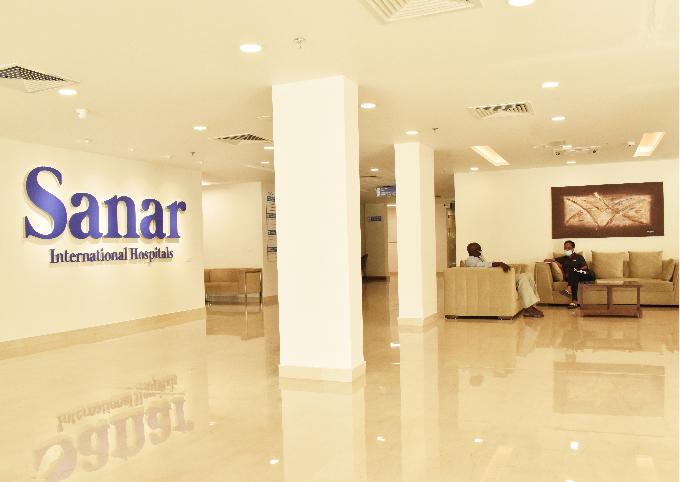Procedure Type
surgicalProcedure Duration
30min-1hrsHospital Stay (Days)
2 DaysBNI is typically performed on patients, especially men, who experience lower urinary tract symptoms such as slow urine stream, frequent urination, or incomplete bladder emptying due to bladder outlet obstruction. The obstruction may be due to age-related changes, scar tissue, or following prostate surgery. BNI helps restore normal urinary flow by reducing pressure and resistance at the bladder opening.
Before recommending BNI, urologists perform a series of diagnostic evaluations. These may include uroflowmetry to measure urine flow rate, cystoscopy to visualize the bladder neck, and urodynamic studies to assess bladder pressure and function. Based on these findings, BNI is advised when less invasive treatments like medications do not provide sufficient relief.
The BNI procedure is conducted under spinal or general anesthesia. Using a resectoscope inserted through the urethra, the surgeon makes one or two precise incisions at the bladder neck. These incisions widen the narrowed area, allowing urine to flow more freely from the bladder into the urethra. The operation is generally short and leaves no external scars.

Associate Chief Urology & kidney transplant & Robotic Surgery

Senoir Consultant - Renal Sciences, Urology

Chief - Urology, Kidney Transplant Program & Robotic Surgery (Unit II)
Following BNI, a temporary catheter is placed to help drain urine while the area heals. Most patients can return home the same day or within 24 hours. Mild discomfort, temporary blood in urine, or frequent urination may occur but usually resolves within a few days. Patients are advised to avoid heavy lifting and strenuous activity for a short period after surgery.
BNI has shown excellent outcomes in relieving symptoms of bladder outlet obstruction. Many patients report a significant improvement in urine flow and quality of life shortly after the procedure. While the results are long-lasting, in some cases, repeat procedures may be required if the narrowing recurs over time.
After the procedure, regular follow-up visits help ensure proper healing and monitor bladder function. Patients may also receive guidance on bladder health, fluid intake, and lifestyle modifications to prevent future urinary complications. Maintaining good urological health can reduce the likelihood of needing further interventions.

Gurugram, India

Gurugram, India

Gurugram, India
Honest Guidance, Reliable Support, Seamless Journeys.
Provide Us
Reports


Get Medical
Opinions


Pre-Arrival
Arrangements


Visa
Support


Assistance in
Treatments


Fly back and
Follow Up

